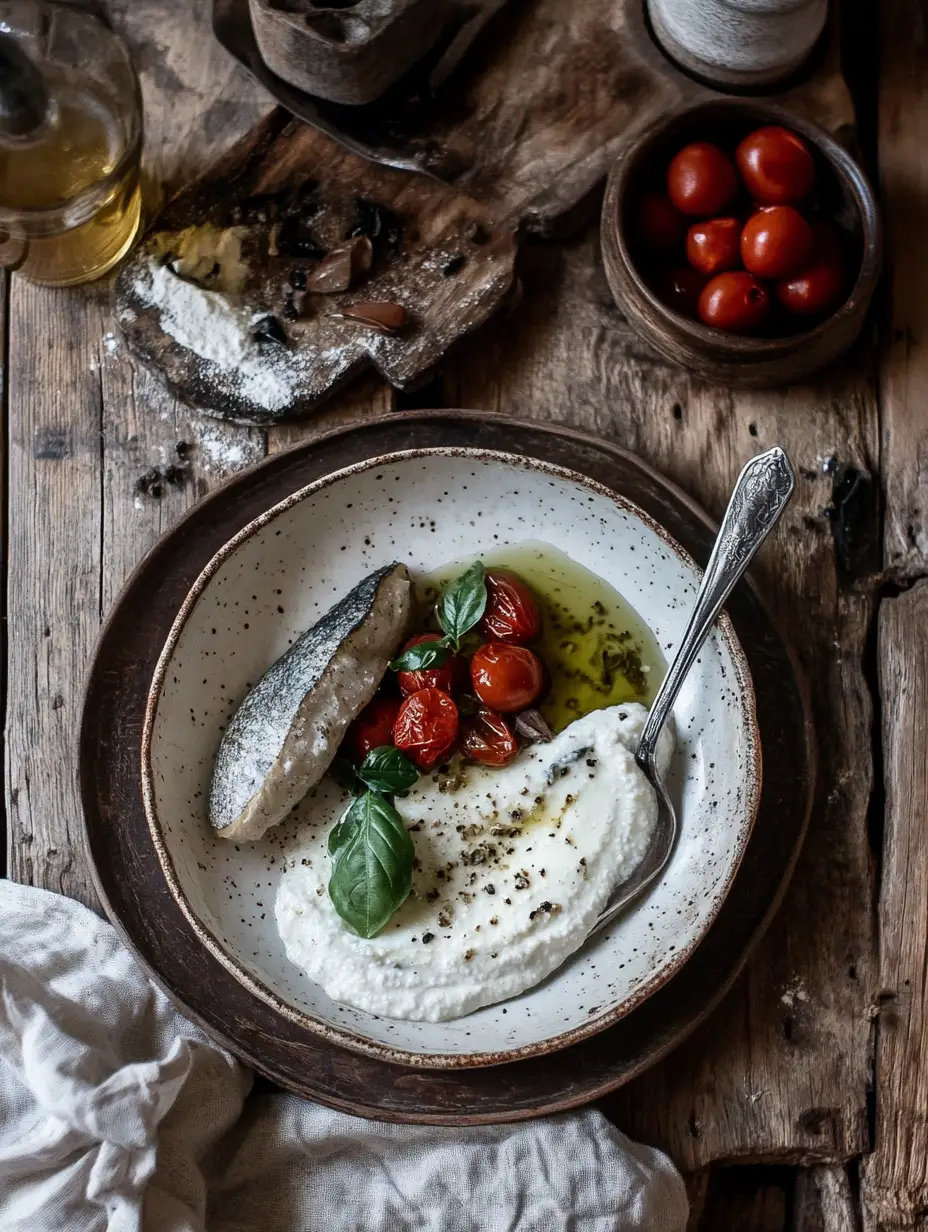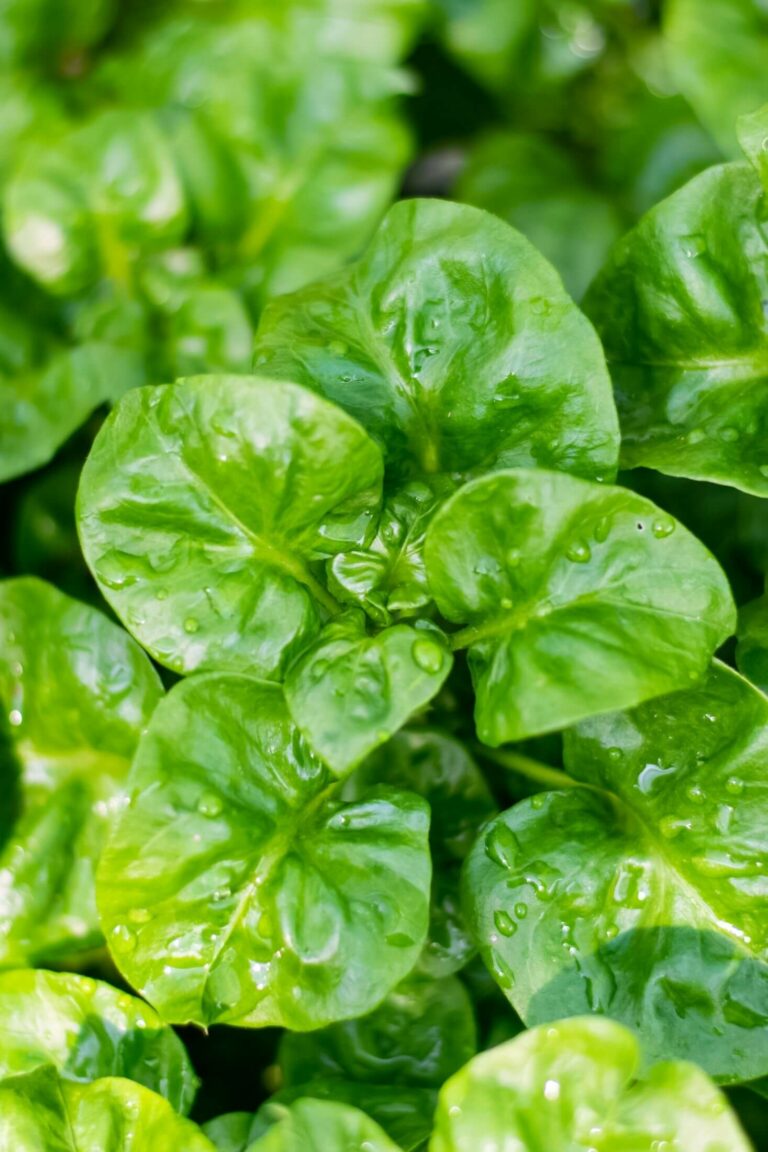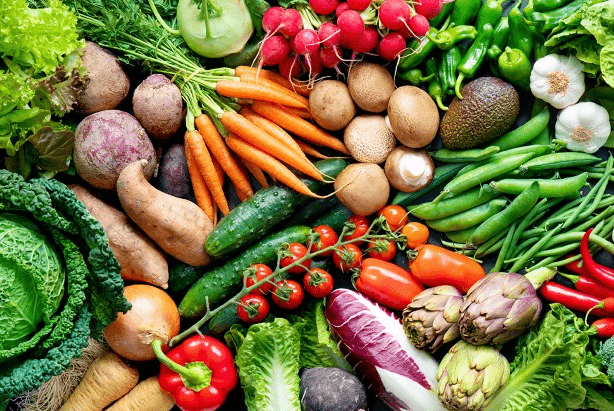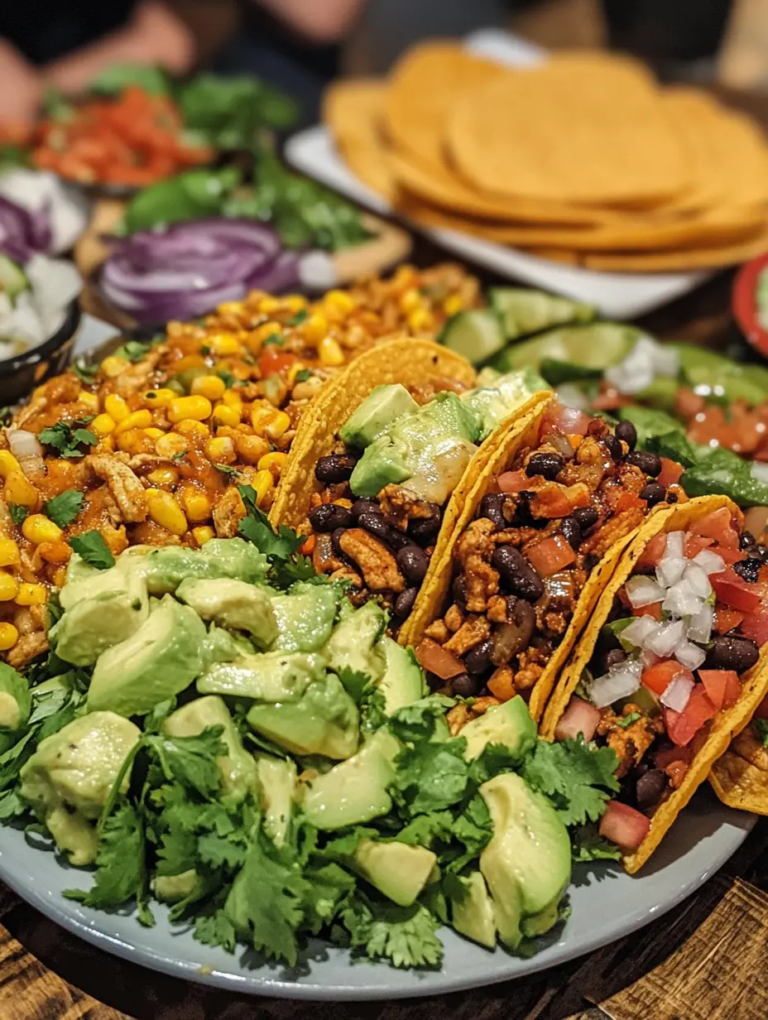The Mediterranean Diet: A Delicious Path to Health for Life After 50
Introduction: I’ll be honest with you—the word “diet” usually makes…
Introduction:
I’ll be honest with you—the word “diet” usually makes me picture myself sadly pushing a salad around my plate while everyone else digs into something delicious. But when I first heard about the Mediterranean diet, it didn’t feel like a diet at all. In fact, it felt more like an invitation to enjoy food, life, and health all at once. Imagine fresh fish sizzling in olive oil, plates of roasted vegetables, and a cheeky glass of red wine—it’s a lifestyle that feels like a celebration, not a sacrifice.
For anyone 50 and older, this way of eating isn’t just delicious; it’s incredibly relevant. As we age, heart health, mobility, and even muscle retention become bigger concerns. So, does the Mediterranean diet live up to the hype? I’ll walk you through my experience, what it can offer (and what it can’t), and whether it’s worth long-term adoption.
What Is the Mediterranean Diet?
First off, let’s break it down: the Mediterranean diet is based on the traditional eating habits of people from Mediterranean countries like Greece, Italy, and Spain. The focus is on whole, unprocessed foods:
- Healthy fats: Think olive oil, nuts, and avocados.
- Fruits and vegetables: Fresh, colourful, and varied.
- Lean proteins: Fish and seafood are stars here, with poultry and legumes as sidekicks.
- Whole grains: Bread, pasta (yes, pasta!), and rice—but mostly in their whole forms.
- Red wine: In moderation, if you enjoy it.
Doesn’t sound too restrictive, does it? And trust me, that’s part of its charm.
My First Week on the Mediterranean Diet
When I started, I wasn’t sure how it would fit into my usual routines. Sure, I loved the idea of cooking with olive oil and snacking on almonds, but what about those weekend burgers and Friday pizza nights? I decided to ease in by tweaking a few meals at a time.
For breakfast, I swapped my usual toast and butter for Greek yogurt with honey and berries—rich, creamy, and filling. Lunch was a bowl of lentil soup with a drizzle of olive oil, served with a side of whole-grain bread. And dinner? Grilled salmon with roasted vegetables and quinoa.
To my surprise, I didn’t feel deprived—I felt satisfied. Plus, the food tasted amazing. But (and here’s the honesty), old habits don’t vanish overnight. By day five, I missed my chips and dip. And cooking fresh meals can be a time commitment, which was a bit of a reality check.
Pro tip: Prep ahead! Make extra roasted veggies or cook enough lentils for a couple of meals.
The Health Benefits (and Why It’s Especially Great After 50)
Here’s the thing: the Mediterranean diet isn’t just trendy; it’s backed by science. Studies consistently show that it can help lower cholesterol, support brain function, and reduce inflammation—a key factor as we age.
For people over 50, there are a few standout benefits:
- Heart Health: This diet is packed with heart-friendly omega-3s from fish and monounsaturated fats from olive oil.
- Joint-Friendly: Thanks to anti-inflammatory foods like berries, leafy greens, and fish, this way of eating can support joint health.
- Bone Strength: Calcium-rich foods like sardines and leafy greens can contribute to stronger bones.
- Weight Maintenance: Since the diet focuses on nutrient-dense foods, it’s easier to feel full on fewer calories without resorting to restrictive measures.
But here’s an honest thought—for anyone looking to build or maintain muscle mass (which is especially important after 50), the Mediterranean diet may require a few tweaks. Fish and legumes are great, but they’re not quite as protein-dense as, say, a chicken breast or a whey protein shake.
Muscle-friendly adaptations:
- Include more protein-rich fish like tuna and salmon.
- Add eggs as a snack.
- Incorporate Greek yogurt for both breakfast and snacks.
The Good, the Bad, and the Olive Oil
The Good:
- Delicious and Varied: It’s hard to get bored with Mediterranean meals—there are so many flavour combinations.
- No Counting or Weighing: There’s no strict calorie counting, just a focus on real, whole foods.
- Social Enjoyment: Meals are meant to be savoured, ideally with family and friends.
The Bad:
- Time-Consuming: Fresh, home-cooked meals take time, especially if you’re not used to prepping ahead.
- Cost: Quality olive oil, fresh fish, and organic produce can add up. It’s an investment in your health, but it’s worth budgeting for.
What Surprised Me:
One surprising thing? How much my palate changed. After a couple of weeks, I craved roasted vegetables and found sugary treats less tempting. And that was a game changer.
Long-Term Sustainability
Let’s be real—any diet can feel like a chore if it’s not sustainable. But the Mediterranean diet doesn’t feel restrictive, which is why so many people stick with it for life.
However, sustainability isn’t just about food choices; it’s about making it fit into your lifestyle. If you don’t love cooking, start with simple recipes like a Greek salad or a one-pan sheet bake of chicken, tomatoes, and olives.
Another tip? Embrace frozen veggies and pre-cooked grains when you’re short on time. Convenience can still be healthy.
Conclusion: Is the Mediterranean Diet Worth It?
In a word? Absolutely. For anyone over 50 looking to improve their health, maintain mobility, and enjoy delicious food, the Mediterranean diet checks a lot of boxes. It’s heart-healthy, muscle-friendly (with a few tweaks), and encourages a lifestyle of mindful, joyful eating.
Sure, it’s not perfect—it requires effort and a bit of expense. But isn’t that true of most good things in life? For me, the Mediterranean diet wasn’t just a change in what I ate; it was a shift in how I approached food and mealtimes. If you’re ready to savour your meals, support your health, and maybe even enjoy that glass of wine guilt-free—I’d say give it a go.
Your Turn: Have you tried the Mediterranean diet? What worked (or didn’t) for you? Let me know in the comments—I’d love to hear your experiences!







